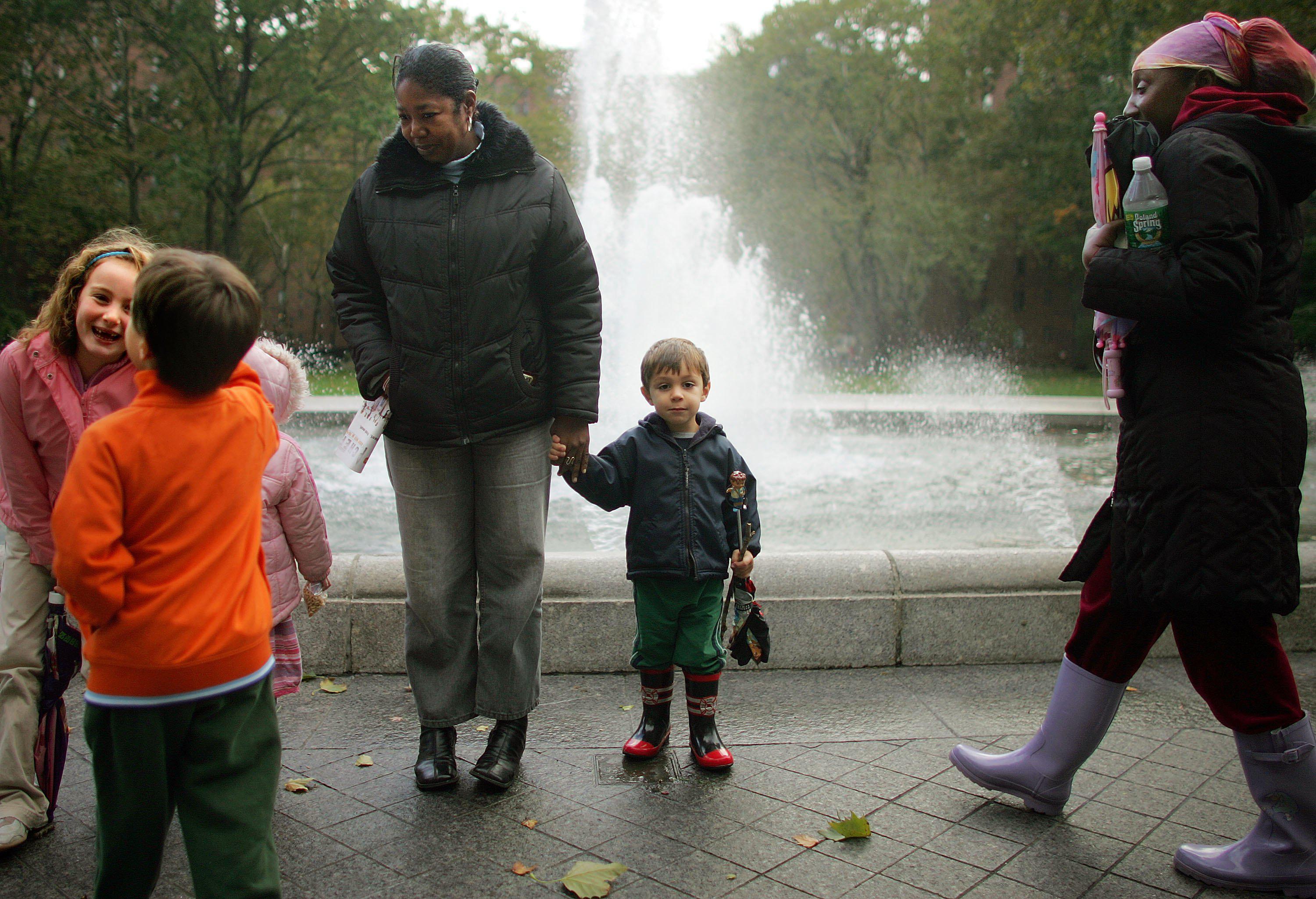On Tuesday, Chicago’s city council voted to raise the city’s minimum wage from $8.25 an hour to $13 an hour by 2019. The move is a boon to all low wage workers, but especially domestic workers, specifically nannies, because the council also closed a loophole that had previously exempted domestic workers from the law. Parents in Chicago can no longer equate their kid’s regular nanny with a teenage babysitter who does a couple of hours on the weekend. Nannying is a real job and has to be paid like one in the city of Chicago now.
“This groundbreaking vote means that Chicago’s household workers will finally gain the same protections that most other workers have had for decades,” Myrla Baldonado of the Latino Union of Chicago said in a statement. “Domestic workers often go unrecognized, but the caring work that they do makes all other work possible.”
Of course, it’s unknowable how many domestic workers will actually benefit from this change, since domestic labor is often a cash-only business that allows employers to dodge paying Social Security taxes. There’s very little that can be done to force people to stop paying domestic workers off the books. However, one of the benefits of a minimum wage hike is it improves everyone’s bargaining power. If a nanny is currently getting paid under the table but knows she can get more money on the books, her employer might consider giving her a raise to keep her.
Closing this loophole is a start, but fixing the problem of chronically underpaid domestic workers will take more than this bill. Part of the reason so many underpay their nannies is that it’s nearly impossible for many families to afford quality child care without cutting some corners. Instituting federally subsidized day care of the sort found in places like France could go a long way toward fixing that problem, both by giving families a reliable source of affordable day care and giving professional child care workers employment opportunities that come with better pay and benefits. But recognizing that domestic labor is real labor, and should be paid accordingly, is a good first step in the right direction.
